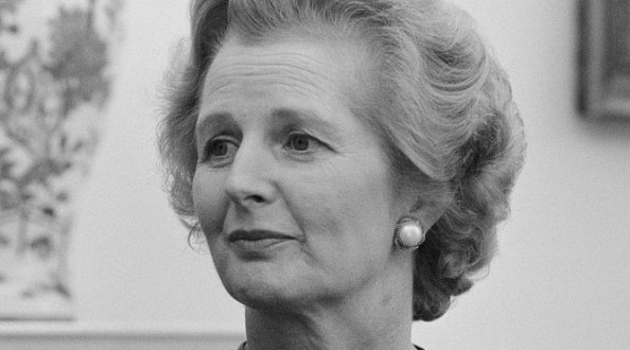I don’t like big-government Republicans in the United States, so it naturally follows that I don’t like big-government Tories in the United Kingdom.
Indeed, I wrote just a few days ago about the new leadership race for the Conservative Party in the U.K. and wondered whether either of the candidates has what it takes to reverse Boris Johnson’s failed statism.
I hope one of them is the reincarnation of Margaret Thatcher (just as I’ve been waiting decades for another Ronald Reagan).
We will find out relatively quickly. The race for Prime Minister will be decided next month and I will be very interested to see whether the winner fixes two very foolish energy policies.
The Wall Street Journal has a pair of excellent editorials this month.
On August 18, the paper opined about a bone-headed policy to cap energy bills.
Britain’s ruling Conservatives have imposed some awful energy policies in recent years, but their cap on household energy bills deserves a special mention. The scheme has been an economic loser, and now it’s becoming a political loser in ways that illustrate the dangers when parties of the right play socialism lite. …The cap traces back to…when Tory Prime Minister Theresa May embarked on a campaign to position the Conservatives as a kinder, gentler party. The effort didn’t work politically. In that year’s snap election she lost the majority… But the price-cap notion lived on and she implemented it in 2019. …The cap has exacerbated economic havoc in Britain’s energy market. As global gas and other commodity prices started to rise in 2021, energy retailers found it impossible to pass to consumers the prices retailers were paying for the energy they were supplying. This has contributed to a wave of bankruptcies… Meanwhile, since it only raises prices at a lag rather than limiting them, the cap leaves households frighteningly exposed to recent movements in global gas prices… The moral: Even half-hearted energy price controls are political losers for conservative parties.
It’s worth noting that energy prices are needlessly high in part because of bad government policy.
Which brings us to the WSJ‘s August 12 editorial.
Reports this week point to spiraling costs for households and businesses this winter, pushing millions of Britons closer to poverty. It’s a steep price for climate alarmism. …Politicians are eager to dodge responsibility for this disaster, and Russia offers a convenient excuse. …But these trends are inseparable from Britain’s homegrown fixation with achieving net-zero CO2 emissions by 2050. That’s Prime Minister Boris Johnson’s worst mistake… Various green charges add £153 to the annual household bill… But other net-zero costs lurk in household energy bills and budgets. The electric grid operator spent about £3.4 billion over the past year…a cost that tends to be higher due to the unreliability of wind and solar, and that’s passed to consumers… Another imponderable is how much lower gas prices would be if Britain produced more itself. Conservative Party administrations have flirted for years with proposals for shale-gas fracking in northern England only to lose their nerve. …So much for those who say conservative parties need to adopt the left’s climate agenda to court younger voters. Net zero has turned the Tories into the party that is impoverishing Britain.
In other words, bad policy is bad politics, which is the mirror image of my contention that good policy is good politics.
We will see whether the Tories have learned that lesson.
P.S. Some otherwise sensible people in the U.S. are flirting with making the same mistake with energy policy. Perhaps the failure of such policies in the U.K. will teach them something (but I won’t hold my breath).
———
Image credit: U.S. News & World Report collection at the Library of Congress | Public Domain.




